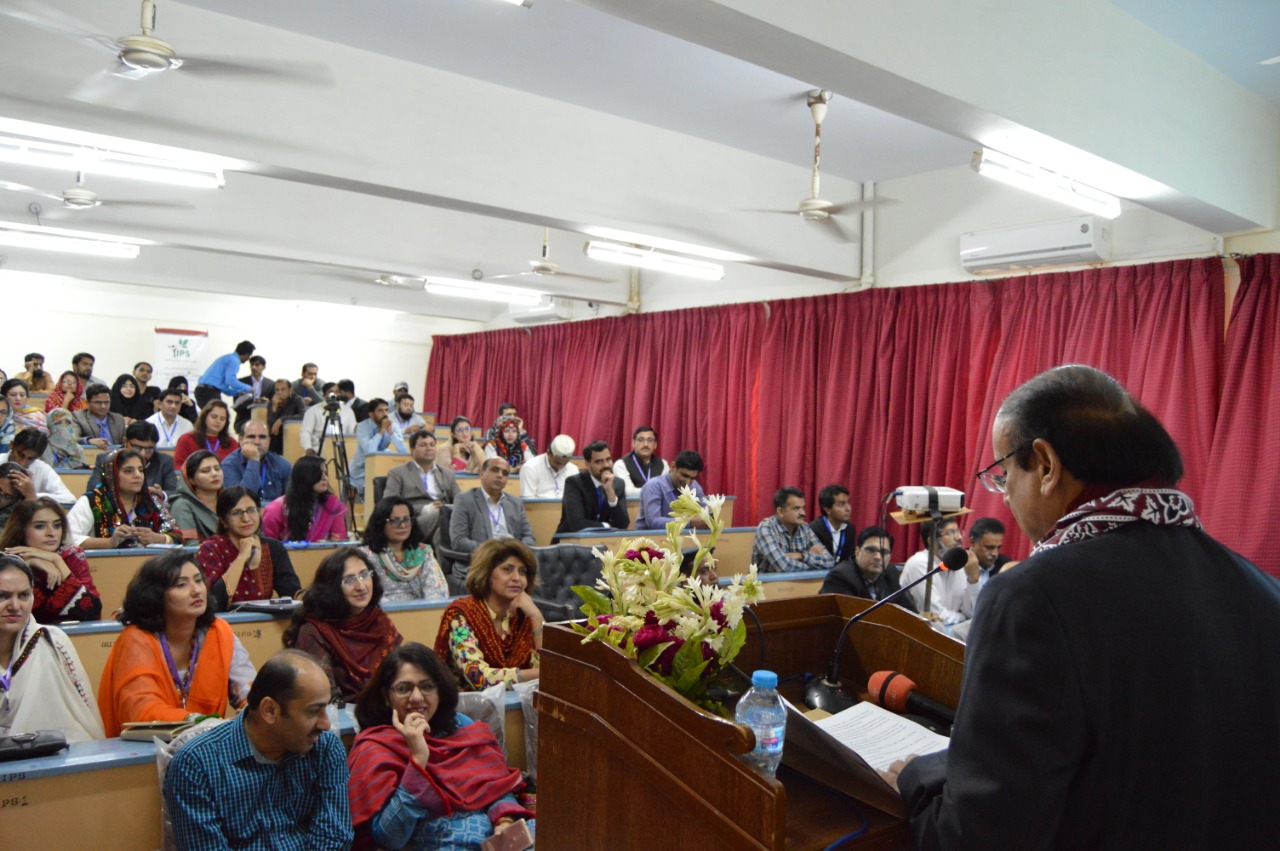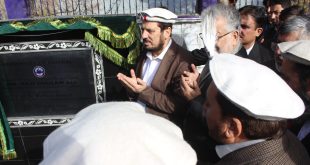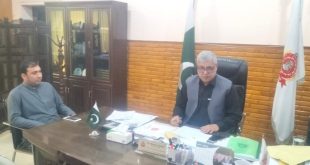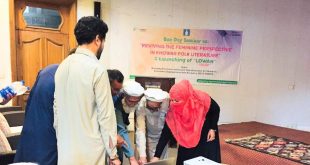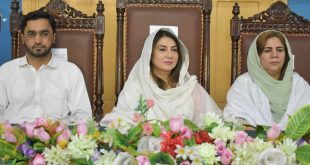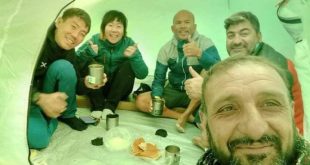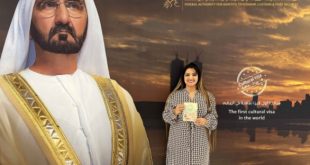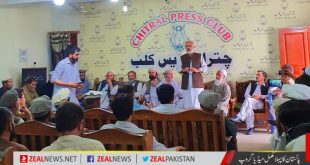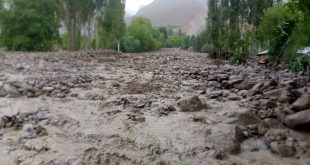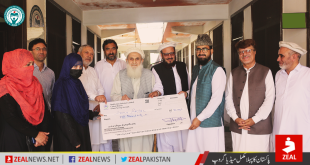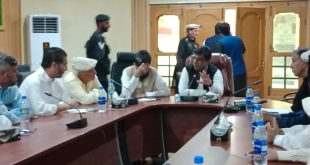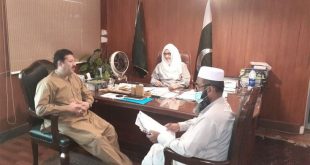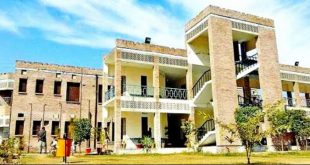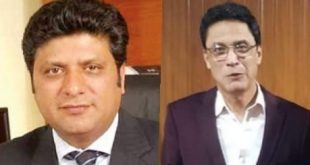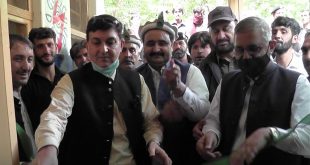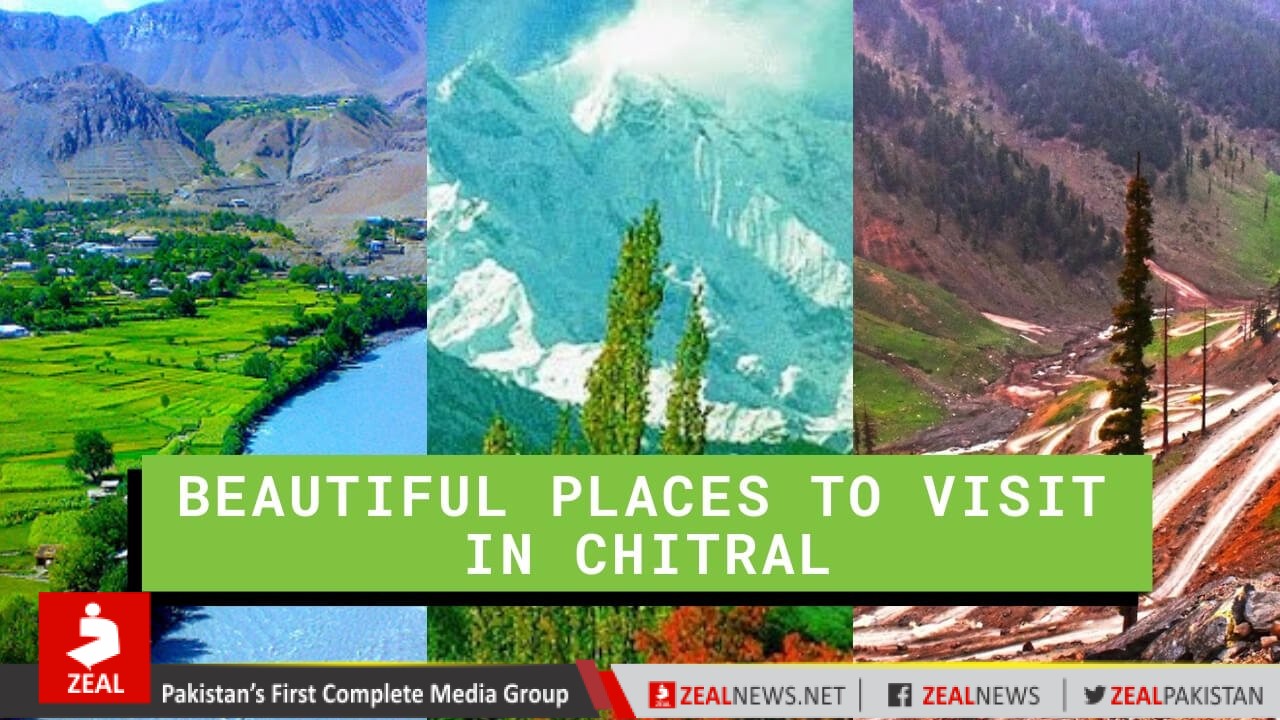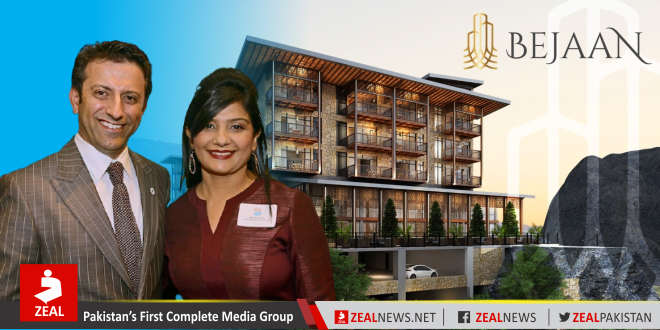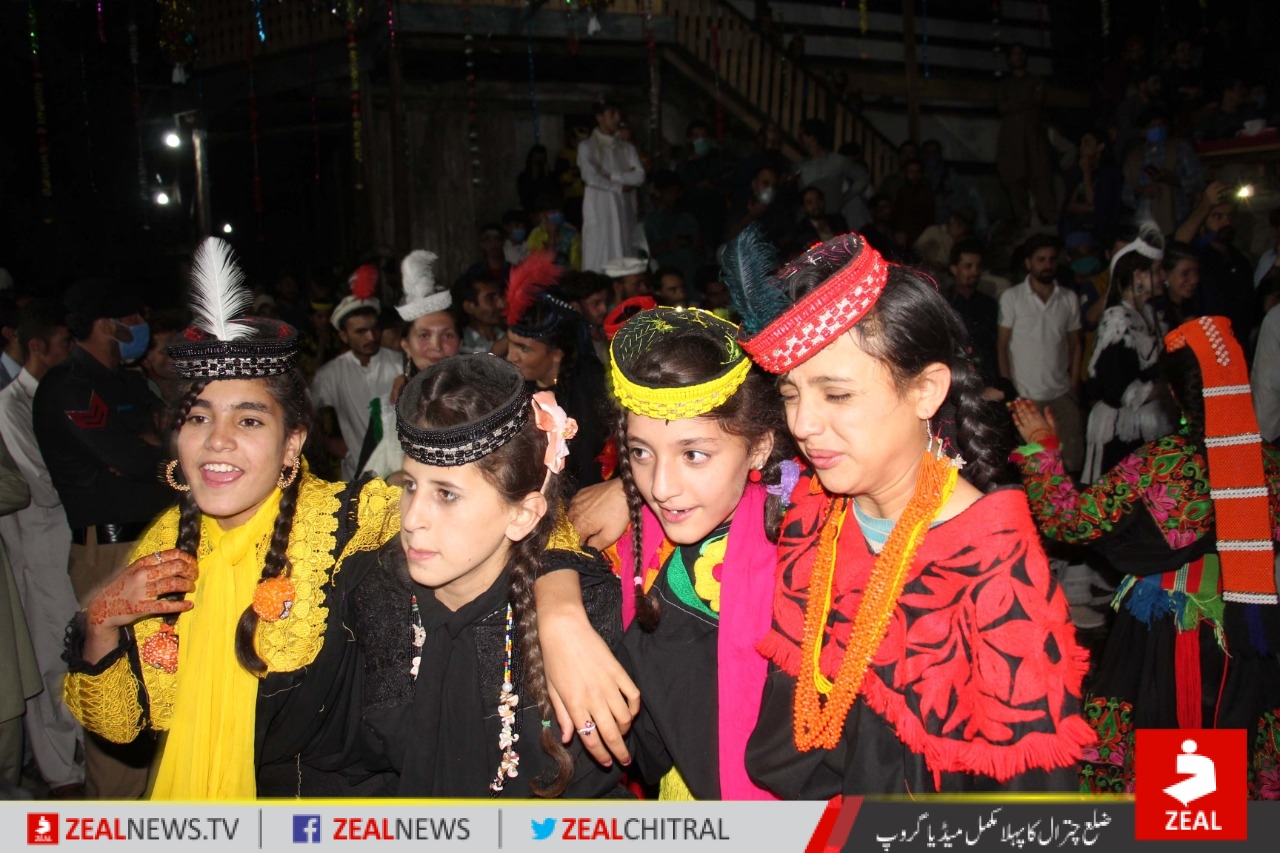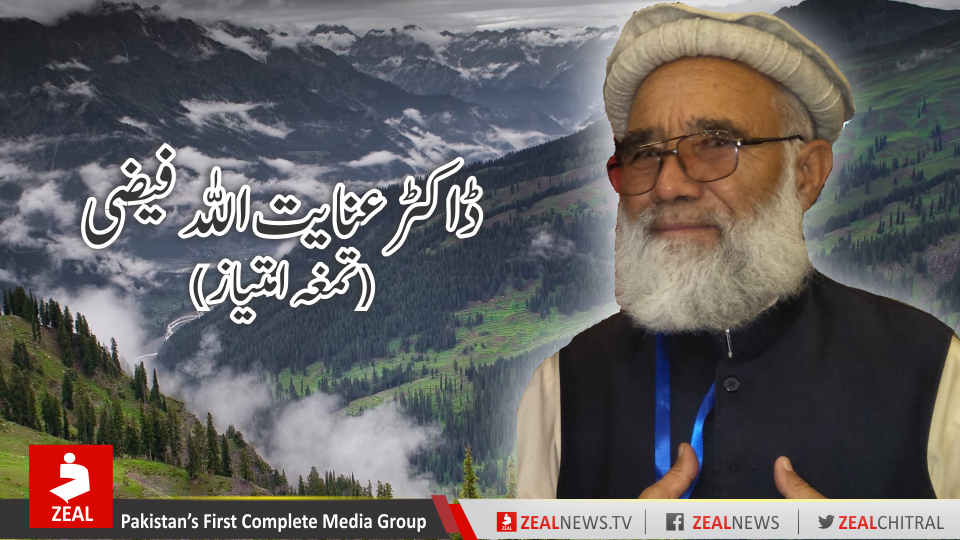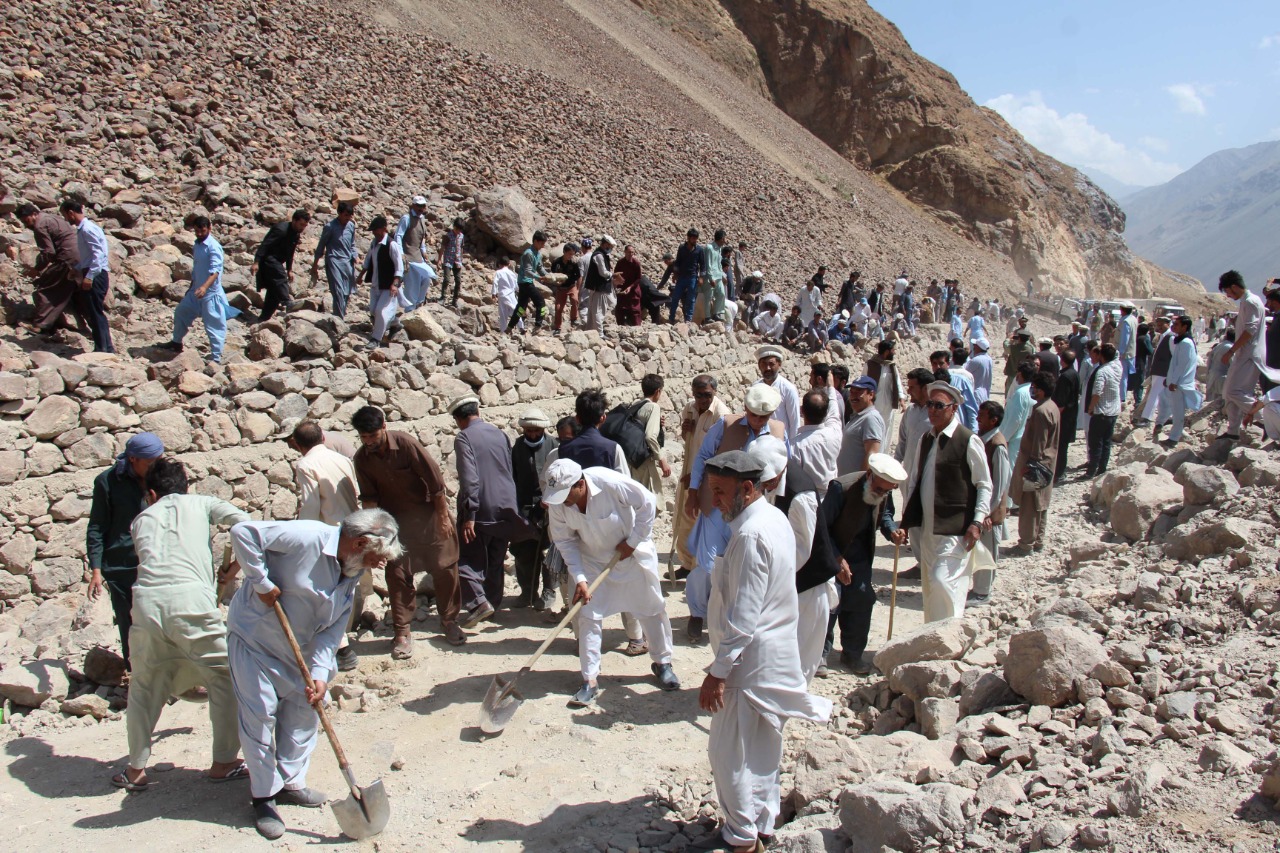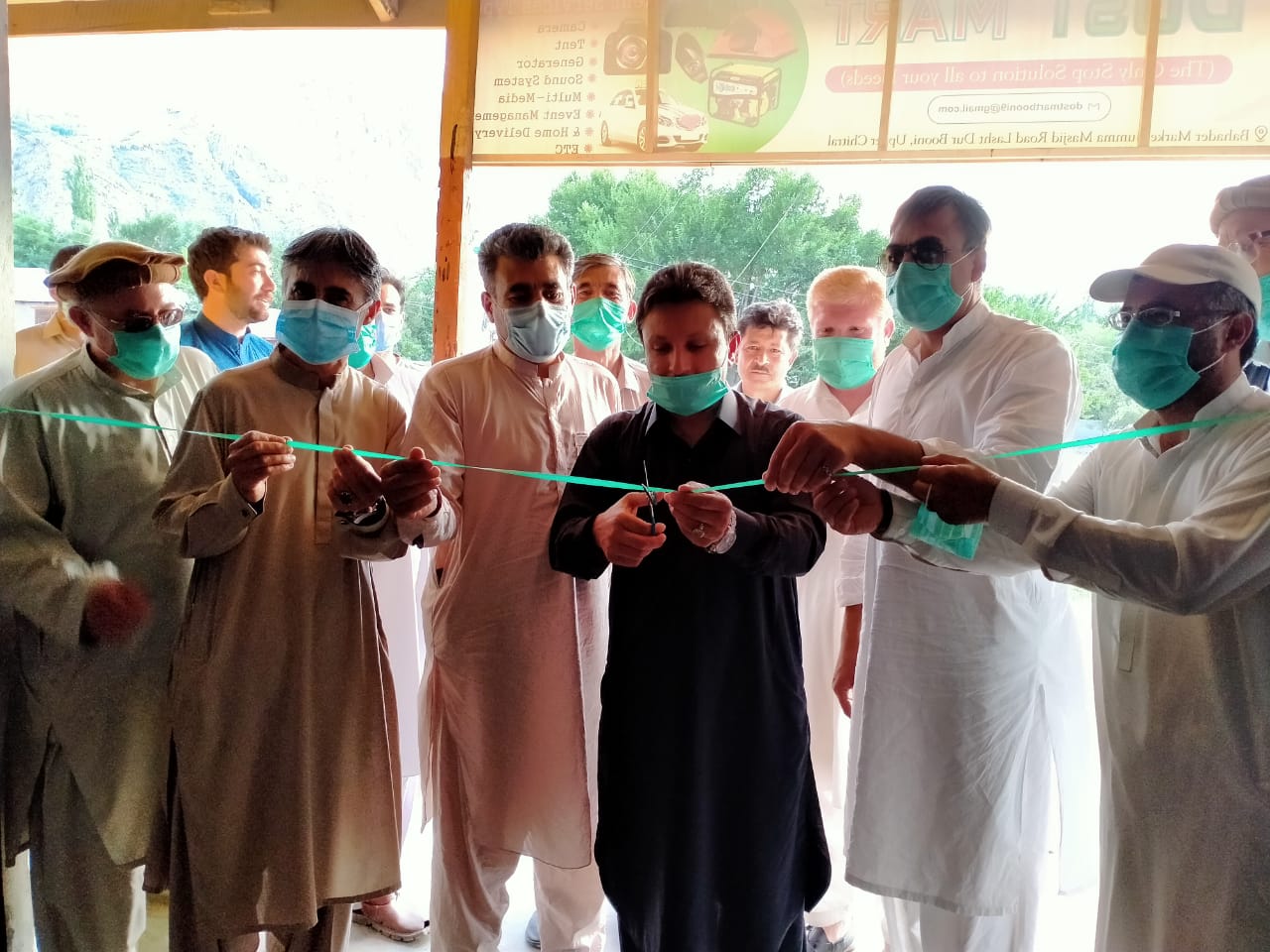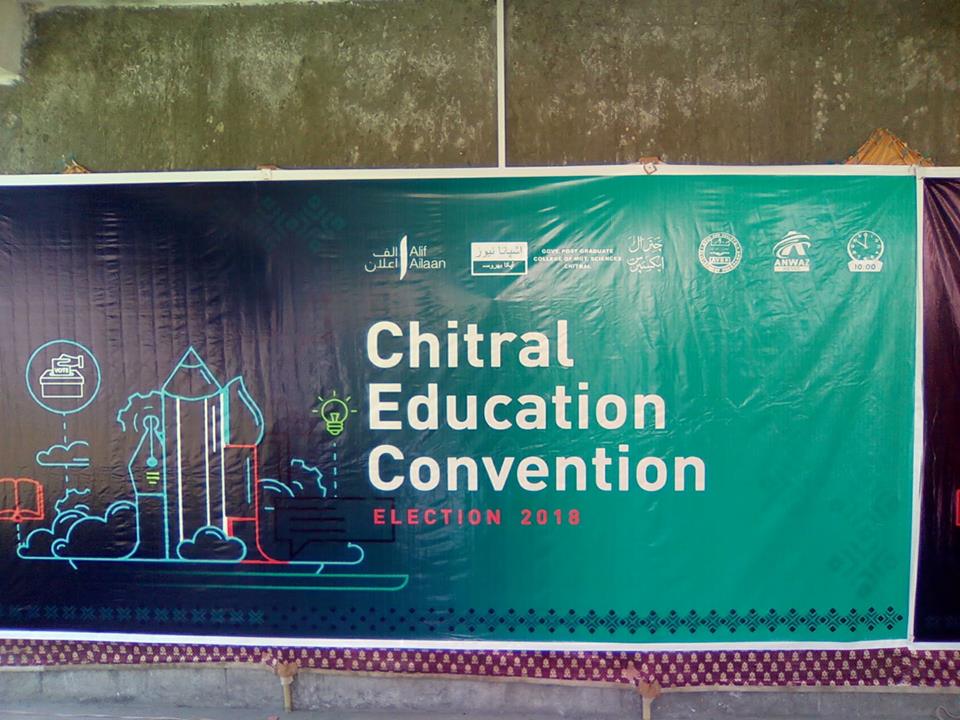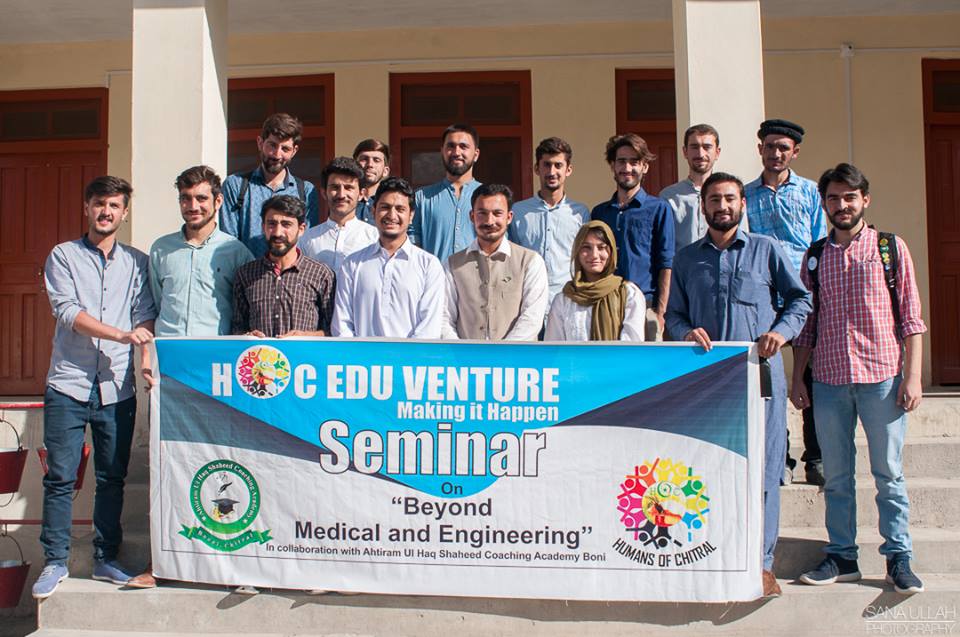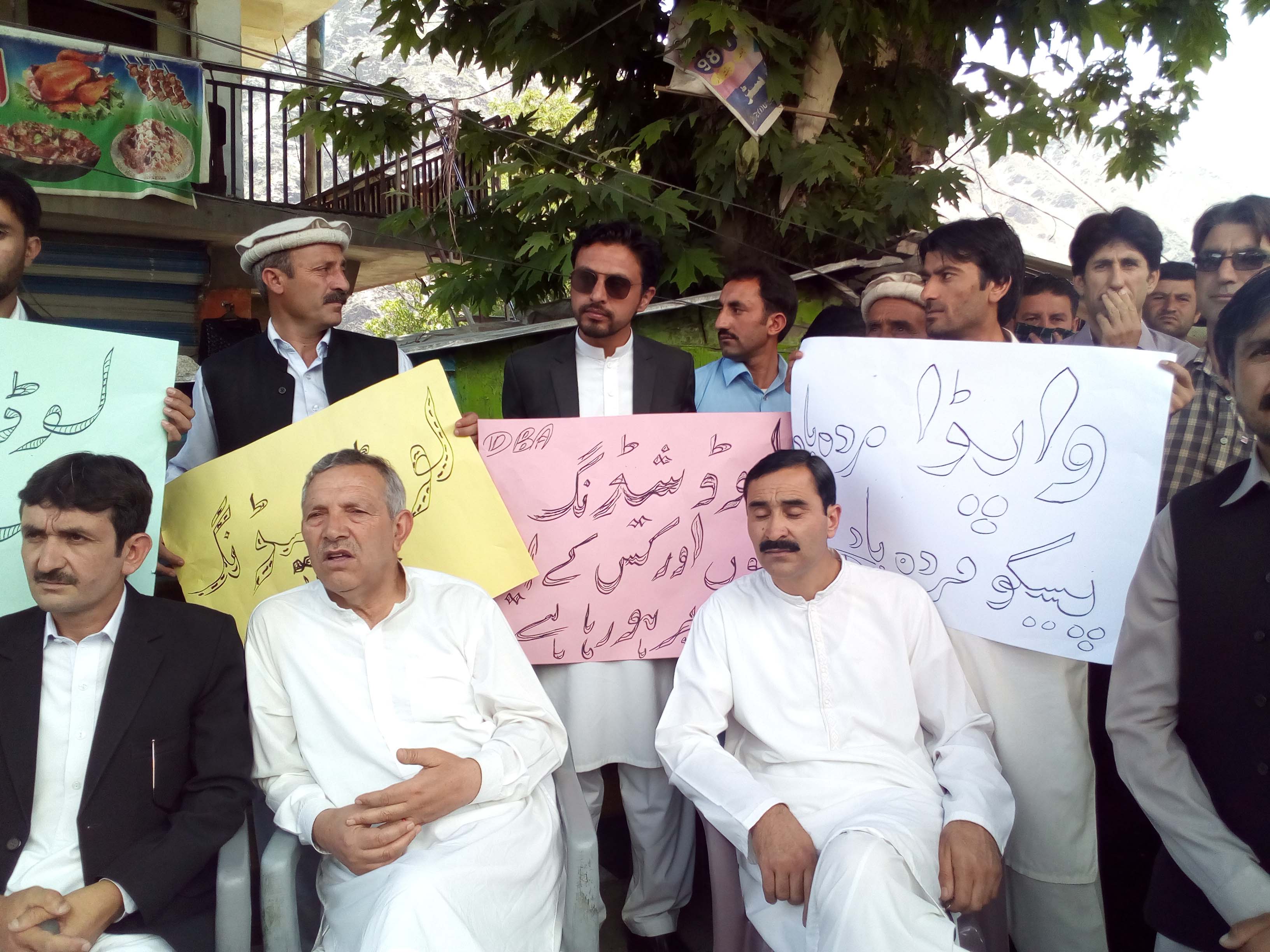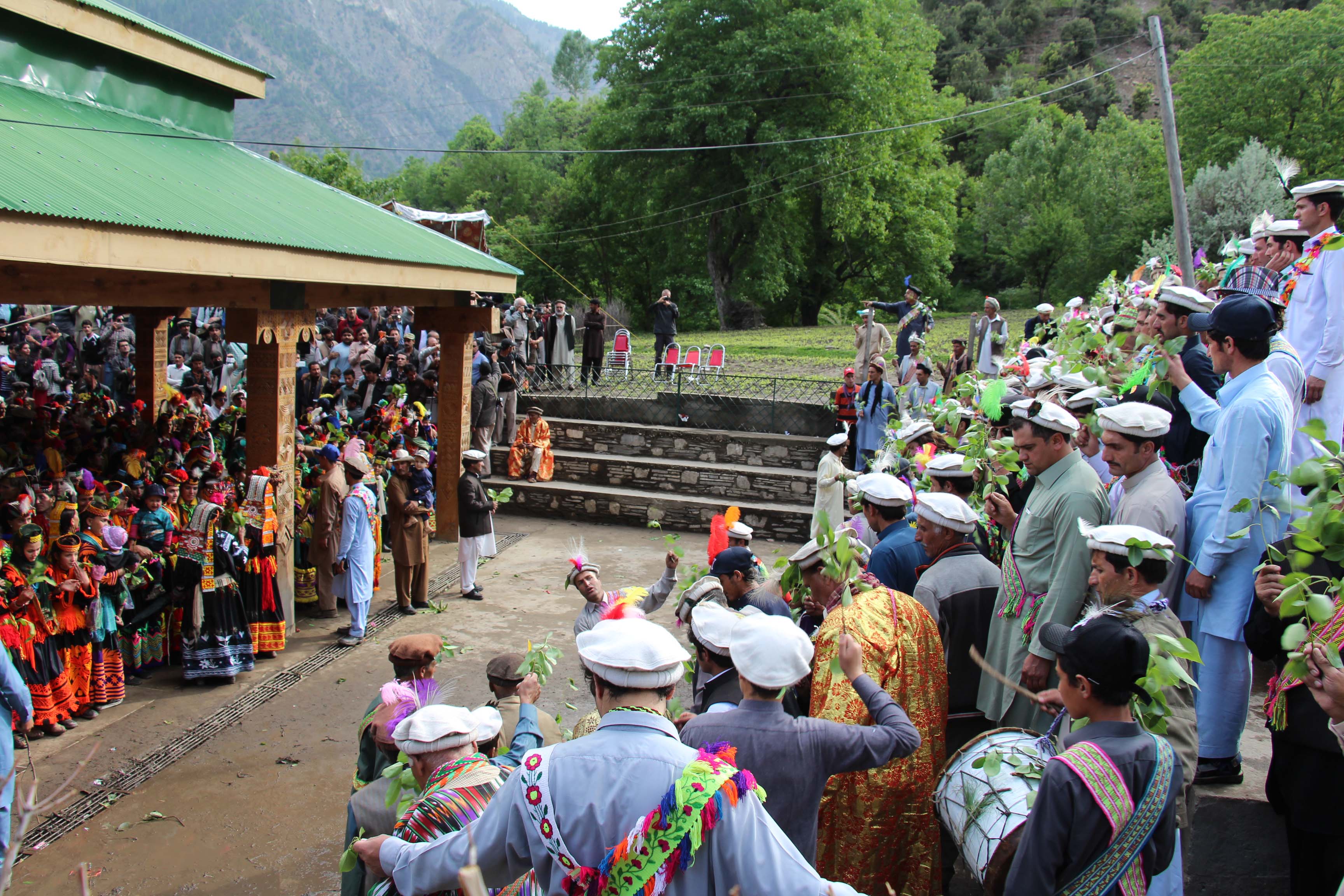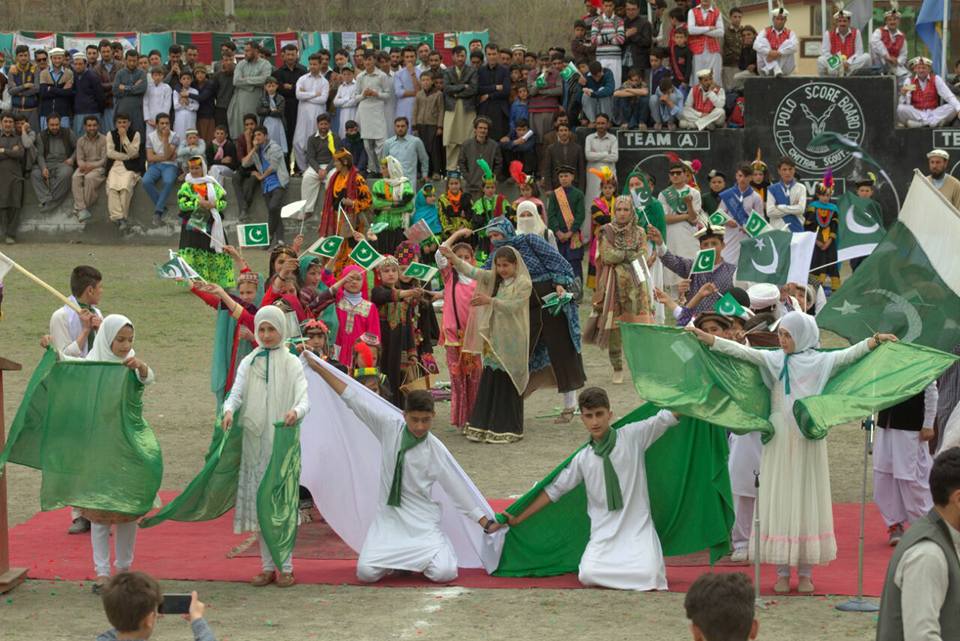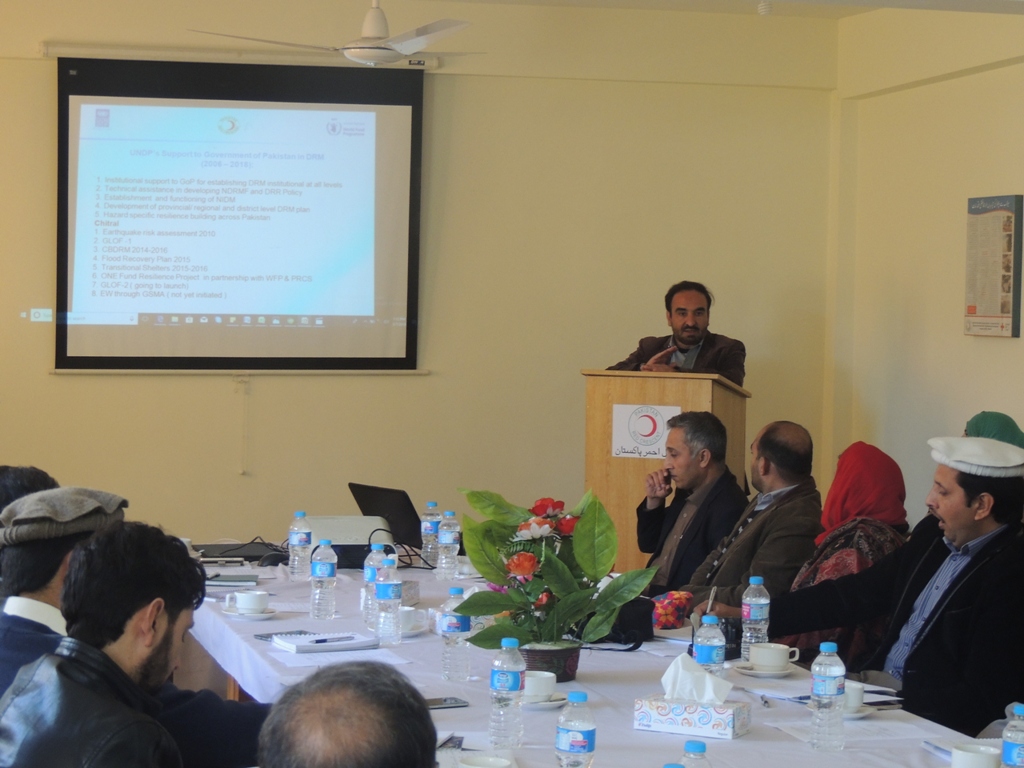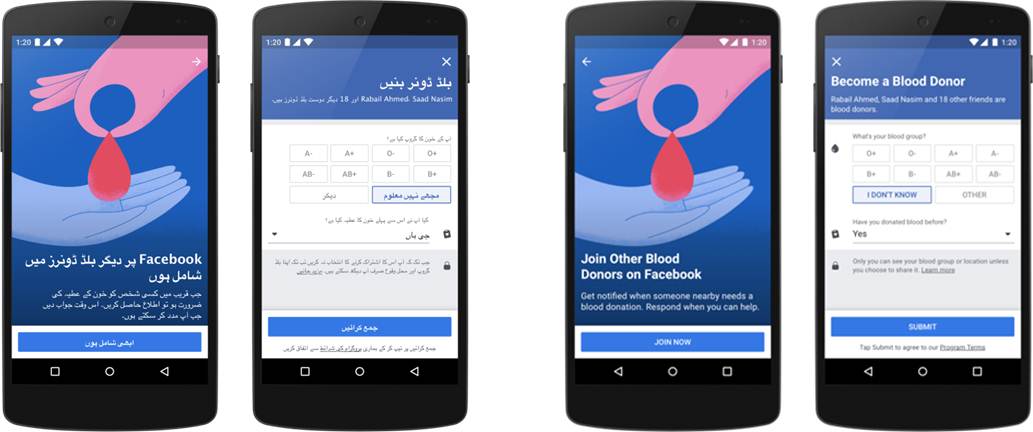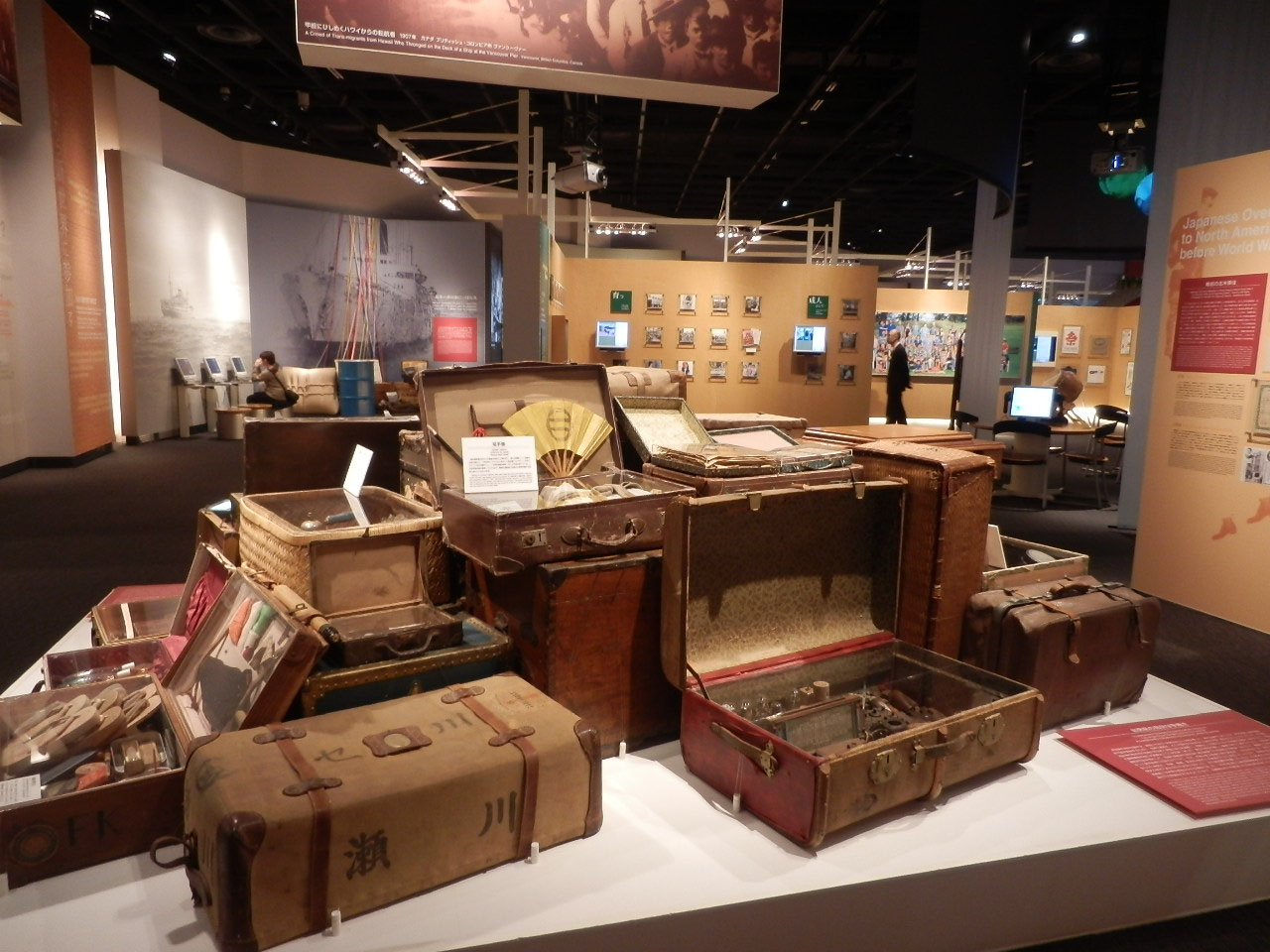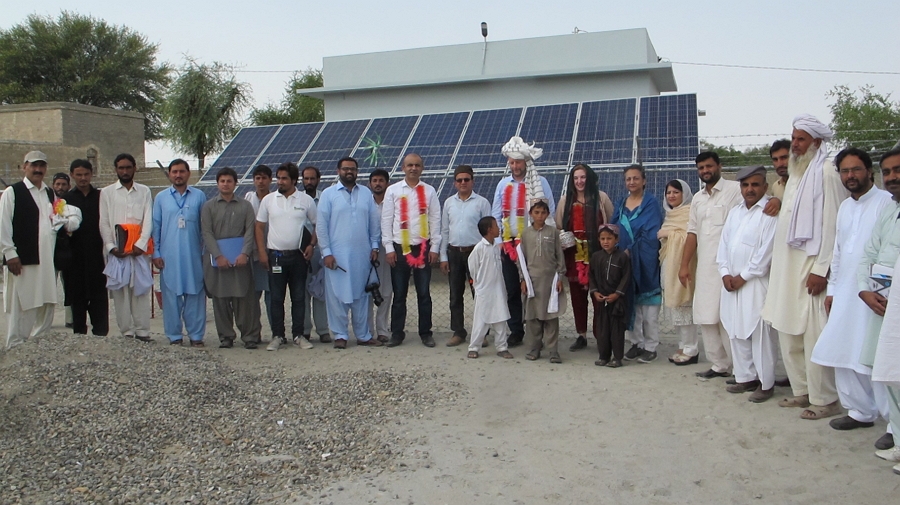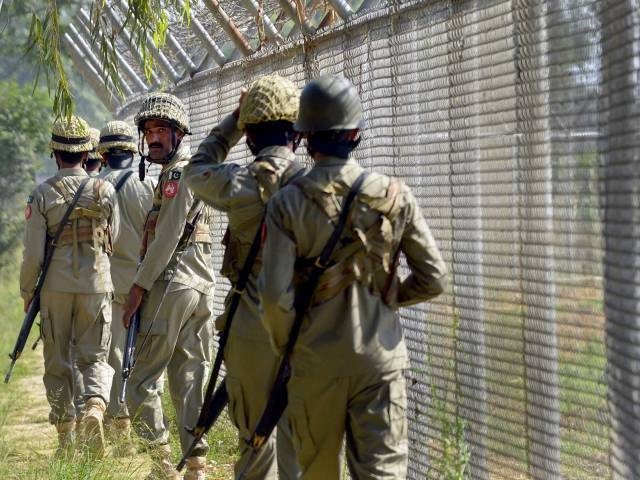The Institute of Plant Sciences, University of Sindh, Jamshoro organized a 3-day International Workshop on digitization and Geo-referencing of Herbaria and Botanical Gardens in Pakistan. The event was organized by the efforts of Dr. Rabia Asma Memon who was focal person of workshop as well. The event was organized in collaboration with Prof. Dr. Mary E. Barkworth of Intermountain Herbarium, Utah State University, Logan, United States of America, who came from USA to train faculty, students, and technical staff of the Institute of Plant Sciences. Along with Mary E. Barkworth other resource persons were Dr. Ghulam Sarwar Markhand from Shah Abdul Latif University Khairpur, Dr. Ishtique from Islamia College University, Peshawar, Dr. Aliya from University of Karachi and Dr. Abdul Rasheed from University of Peshawar.
Experts said that Plants are basic source of livelihood in any region of the world providing ecosystem services in diverse forms including clean air, pure water, and healthy food. The people of remote areas 98% rely on the services provided by plants to them and obviously, Pakistan, particularly Sindh, has great diversity of plants, many of them to be documented yet. Plant Scientists gather data about plant species and preserve them, after drying and mounting on a paper sheet, into special places called herbaria. The herbaria are unique repositories that provide all information regarding the plant stored there. Although, we have established plant herbaria that store great data of plant specimen but still there is no qualitative and quantitative statistical data, which can be used further for national planning for plants and its further utilization for diverse purposes.
Besides the role as repositories, herbaria and botanical gardens, also work as libraries for research, which need data analysis and sharing. Usually classical manual methods of information sharing do exist which need a lot of energies, travel, and financial input. Information Technology has provided a more effective and easy accessibility for retrieval of plant data available in herbaria and botanical gardens. The existing workshop demonstrates how digitization takes the images, indicates the exact location on a geographical map and documentation of relevant data, which can be stored in Open Herbarium maintained by the central server.
The participants were taken to a far-flung area of Rani kot situated in Khirther National Park at 100 km from the University of Sindh where the field demonstrations were held using GPS and photographic kits for getting real data. The resource persons shared their views with the participants regarding climate change, food security, data mobilization and the establishment of a network to be used at national and foreign herbaria. The Workshop was sponsored by
